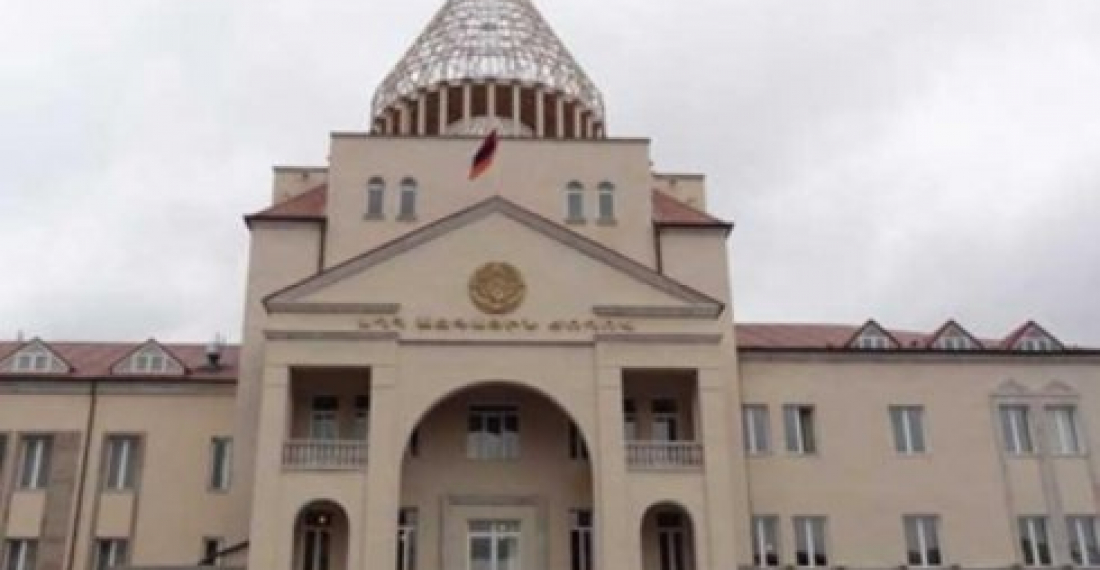The de facto authorities in the self-declared Nagorno-Karabakh Republic have appointed 31 March 2020 as the date for forthcoming presidential and parliamentary elections. Elections in the territory are not recognised by the international community since the Azerbaijani community of Nagorno-Karabakh, which was nearly completely displaced by the conflict in the early 1990s, does not participate.
This notwithstanding the elections are likely to attract a lot of attention since they represent the first expression of will of the Armenian community in Nagorno-Karabakh since the political changes in Armenia in the spring 2018, and the coming to power of Nikol Pashinyan. The elections are likely to be hotly contested.
The announcement of the day of the elections also stated that election day will be a non-working day.
source: commonspace.eu
photo: The government building in Stepanakert







